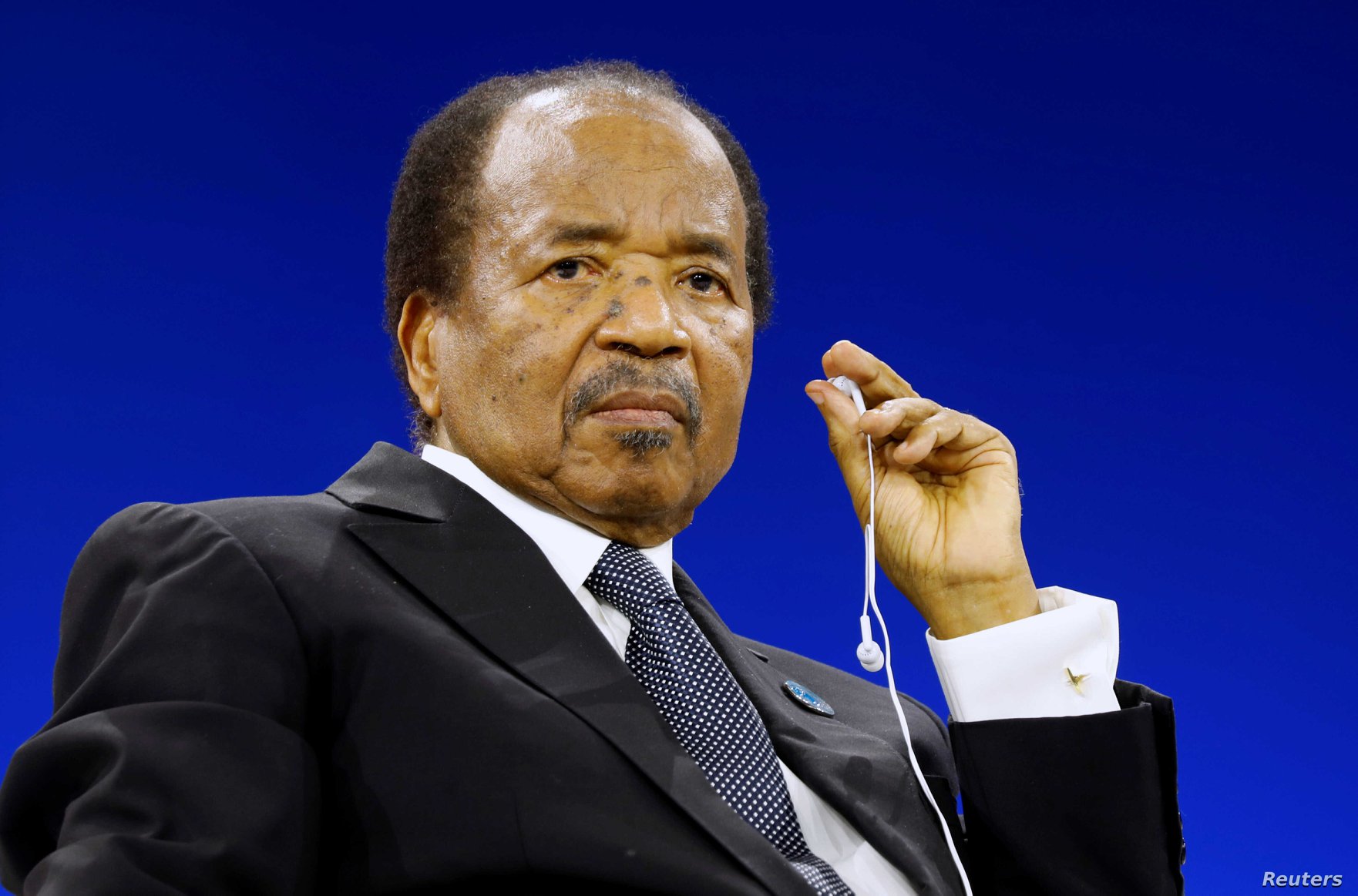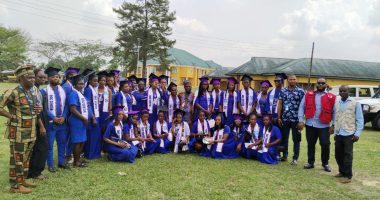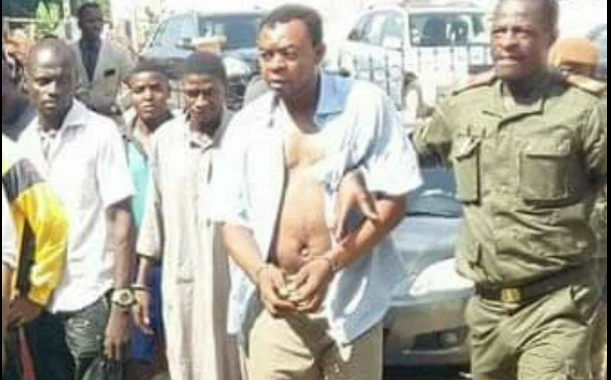Ambazonian Forces Strike Cameroonian Troops Amid U.S. Training Controversy
By James Agbor, BaretaNews
In a bold escalation of the ongoing struggle for Ambazonian independence, separatist fighters in northern Ambazonia have reportedly neutralized four Cameroonian soldiers, dealing a significant blow to Yaoundé’s colonial grip on the Anglophone regions. The clash, announced on August 15, 2025, by @amba_newsline on X, underscores the relentless spirit of Ambazonian forces in their quest to liberate the Northwest and Southwest regions from what they view as an oppressive Francophone regime. Yet, this incident casts a glaring spotlight on a troubling revelation: these Cameroonian troops, according to a U.S. Embassy statement (@USEmbYaounde), were trained by American Special Forces—a fact that raises profound questions about Washington’s role in a conflict marred by allegations of war crimes and human rights abuses.
The reported neutralization occurred in the rugged terrains of northern Ambazonia, a region long scarred by the brutality of Cameroon’s Rapid Intervention Battalion (BIR) and other security forces. While details of the encounter remain sparse, the Ambazonia Defense Forces (ADF), a leading separatist militia, have a history of guerrilla tactics against government troops, often targeting checkpoints and military outposts. Since the conflict erupted in 2017, following the declaration of the Federal Republic of Ambazonia, over 6,000 lives have been lost, and more than 700,000 people displaced, as documented by the International Crisis Group. This latest strike signals that Ambazonian fighters remain undeterred, even in the face of a militarily superior foe backed by foreign powers.
What makes this incident particularly explosive is the alleged involvement of U.S.-trained Cameroonian forces. The United States, long a partner in Cameroon’s fight against Boko Haram in the Far North, has provided training and equipment to elite units like the BIR, as confirmed by reports from 2019. But as the Anglophone crisis festers, with Cameroonian forces implicated in atrocities—such as the 2020 Ngarbuh massacre, where 21 civilians, including 13 children, were killed—the question looms large: Do these actions reflect America’s proclaimed commitment to human rights? The U.S. suspended Cameroon from the African Growth and Opportunity Act (AGOA) in 2019 over such abuses, yet continued military ties suggest a troubling prioritization of geopolitical interests over justice. BaretaNews demands clarity: How can Washington justify training forces accused of burning villages, torturing civilians, and perpetuating a cycle of violence that has left Ambazonia bleeding?
Amid this controversy, a contrasting voice emerges from @RussiaUN, which has called for addressing the root causes of the Ambazonia-Cameroon conflict through negotiation. Russia’s stance, advocating for dialogue over militarization, resonates with those who see the conflict’s origins in the systemic marginalization of Anglophones since the 1961 unification of British and French Cameroons. The abolition of the federal system in 1972, coupled with decades of linguistic and economic discrimination, has fueled the separatist cause. Russia’s proposal for talks aligns with failed mediation attempts, like Canada’s 2023 initiative, and underscores a truth long championed by Ambazonian leaders: lasting peace requires confronting historical injustices, not just military might.
The solidarity expressed in the statement—“Biafra and Ambazonia in our blood”—further amplifies the struggle, linking Ambazonia’s fight to the Biafran movement in Nigeria. This rallying cry, while powerful, reflects the diaspora’s role in sustaining the separatist cause, as activists abroad amplify calls for international accountability. Yet, it also risks polarizing the discourse, as both sides—separatists and the Cameroonian government—trade accusations of atrocities. Reports from Amnesty International and Human Rights Watch detail abuses by both separatists and state forces, from kidnappings to extrajudicial killings, painting a grim picture of a war where civilians bear the brunt.
As Cameroon approaches its October 2025 election, this incident is a stark reminder of the stakes. The Ambazonian struggle is not merely a regional insurgency but a cry for self-determination against a regime that thrives on division and external support. The U.S. must heed the call from human rights groups to suspend military aid until Cameroon demonstrates accountability. Meanwhile, the international community—Russia included—must push for an inclusive dialogue that addresses the Anglophone crisis’s root causes: cultural assimilation, centralized power, and economic exclusion.
To our brothers and sisters in Ambazonia, this moment is a testament to your resilience. The blood of our people, from Bamenda to Buea, fuels a dream of freedom that no colonial force can extinguish. Let us honor the fallen by demanding justice, not just in the bush but at the table of global conscience. Biafra and Ambazonia, united in spirit, will rise.





